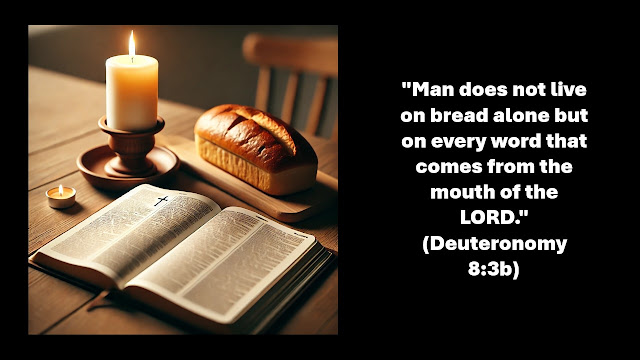Deuteronomy 28:58-68

Deuteronomy 28:58-68 concludes this section on blessings for obedience and curses for disobedience. If God's people do not fear the glorious and awesome name of the LORD our God, the curses are summarized as physical afflictions, the loss of promised blessings (no longer numerous and no longer in the Land), ruin, destruction, exile, lack of rest, and a life of dread. Following are some reflections that may be beneficial to consider when studying this passage: Verses 58-68 What is the significance that this concluding section begins by referring to the "glorious and awesome name" of the LORD our God (v. 58)? In what ways might God use even ruin and destruction for good purposes (v. 63)? What are the most valuable lessons I have learned from this section on blessings for obedience and curses for disobedience (chapters 27 & 28)?


































